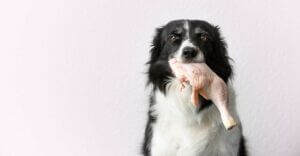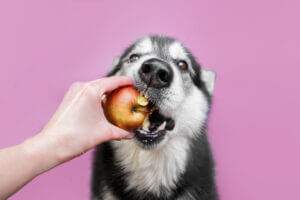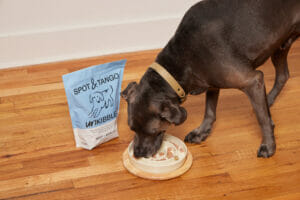Our dogs are our world and we spend our lives together. Therefore, when they pass away, we don’t just grieve their physical absence; we also mourn the future moments we imagined with them by our sides. For some, the grieving process can provoke an overwhelming sense of guilt.
Understanding guilty thoughts
In the wake of their passing, there is often an urgency to “make sense” of this profound loss. For some of us, this can include:
- Blaming ourselves
- Believing that we should have been able to prevent their death
- Berating ourselves for not behaving differently (being stronger, braver, more stoic, etc.)
- Having difficulty accepting that they have died
- Pushing memories of this day away
These thoughts could be intrusive if our dogs passed suddenly, unexpectedly, or traumatically.
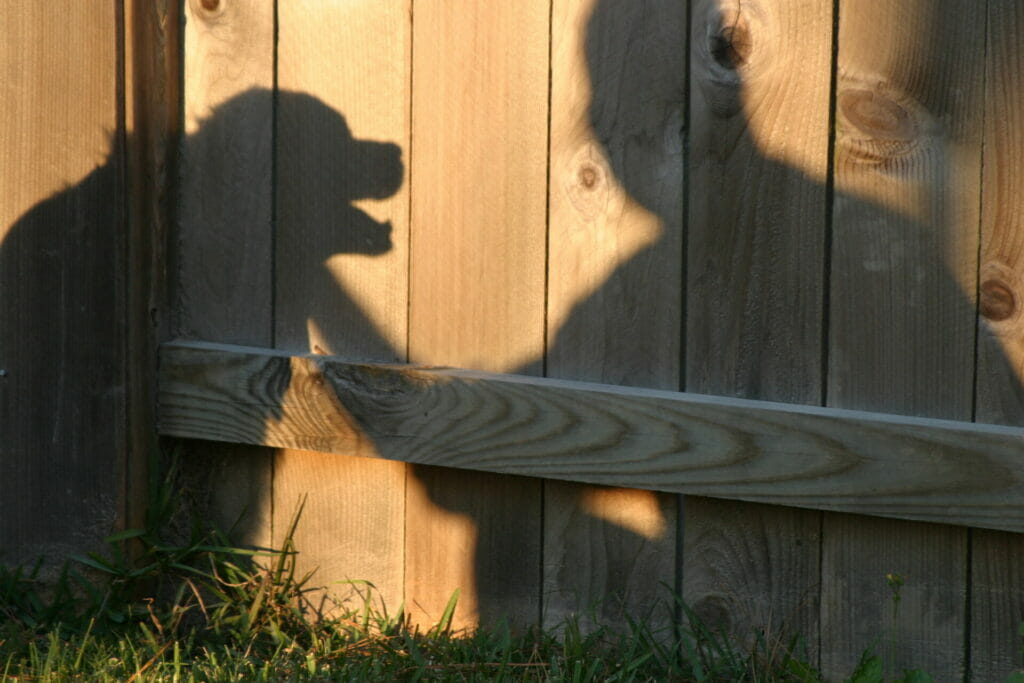
If these thoughts develop into a pattern, we will begin to view ourselves, others, and the world through a negative, destructive lens:
- “I let my dog down; I failed her; he deserved so much better than what I could offer.”
- “My loved ones do not understand the depth of my loss; they just don’t get it.”
- “I can never get another dog because I cannot deal with this pain.”
- “What happened to my dog (terminal diagnosis, accident, unexpected death) is bound to happen again.”
Over time, we begin to take these thoughts not as our opinions, which are what they are, but as truths. They become ingrained in our psyche.
You may be asking — why do we do this to ourselves? It’s not a conscious choice: it’s our brain’s way of creating order and finding reason amidst devastation, of “protecting” us from breaking our hearts again. The brain hopes that we will adopt this rationale: if we don’t love again, if we don’t make ourselves vulnerable, then we can save ourselves from this suffering.
Understanding guilty emotions
Now that we have an understanding of guilt from a cognitive perspective, let’s delve into where guilty feelings come from:
Two types of emotions can follow a loss; the first is “natural emotions.” These are the emotions we would expect to feel following the passing of our dog, and humans universally experience them: sadness, loneliness, isolation, fear, hopelessness, anger, confusion, disbelief, etc.
While the memories of our dog’s passing will always evoke bittersweet feelings to some extent, they should become more bearable with time; typically, within one calendar year (approximately).
It is essential for our healing that we let ourselves experience ALL our emotions so that we can begin to process them. Stuffing them down, distracting ourselves, or numbing out will only prolong our distress.
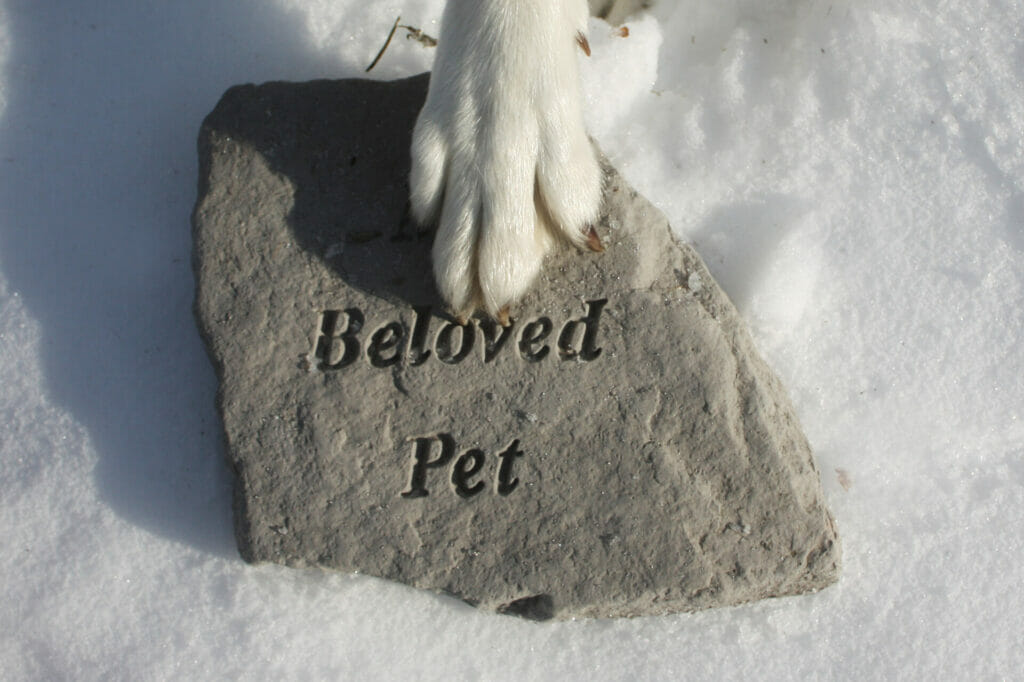
The second type of emotion that can develop after a loss is referred to as “manufactured emotions.” These emotions do not stem from the facts surrounding our dog’s passing but rather from how we remember the loss, our interpretation of that time. So, for example, if we believe that we should have been able to save our dog or that we missed symptoms of their illness, then we will feel guilt and shame (and several other cruel feelings).
The more we continue to think about their passing through this inaccurate recollection that we have constructed, the more we become trapped in our distorted thoughts and manufactured emotions. Unless we can recognize and break this cycle, we become stuck in our grief.
The healing process
We can begin to heal by understanding what transpired. To do this, however, we need to go back to the time of their passing. Most of us attempt to avoid this because it’s one of the worst days of our lives.
Specifically, we need to remember our thoughts and behaviors leading up to that day exactly as they were:
- What was I thinking was best for my dog?
- What information, time, and financial resources did I have access to?
- Why prompted me to act as I did?
Please remember that we tend to forget that there were real-world limitations in effect as well – in particular, work and family obligations and responsibilities. If we can be honest with ourselves in answering these questions, we will begin to recall our dog’s passing accurately. This will allow us to trust that we did everything humanly possible to care for them.
Once we have this mental clarity, our feelings will naturally adjust. You deserve to feel validation and compassion for losing your best friend.
By letting go of our guilt, we will find peace and healing in knowing that we gave our dogs such beautiful lives right by our side, and that is all they ever wanted.








